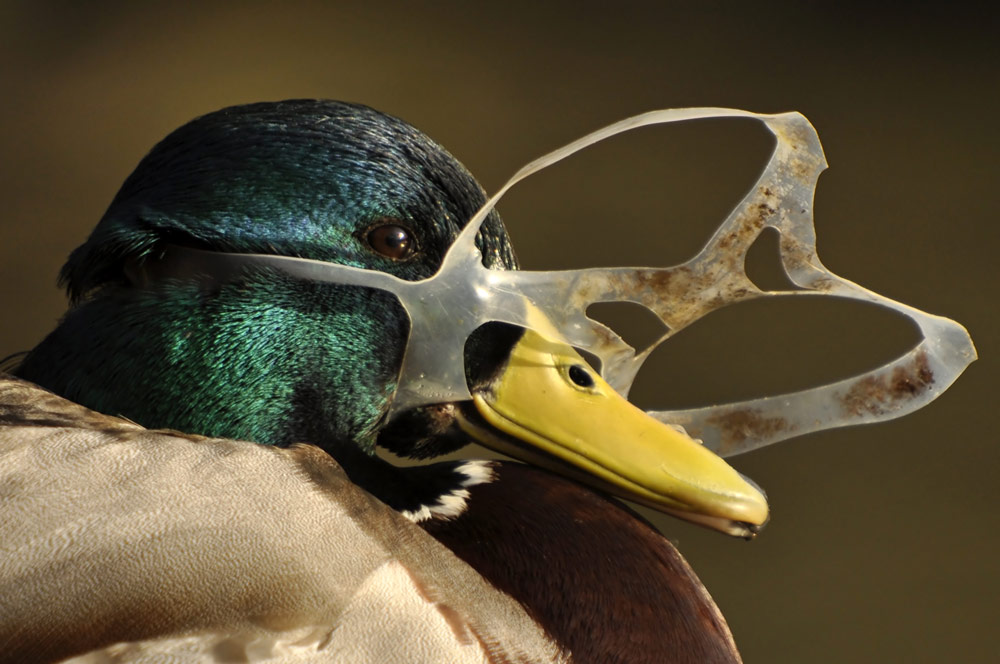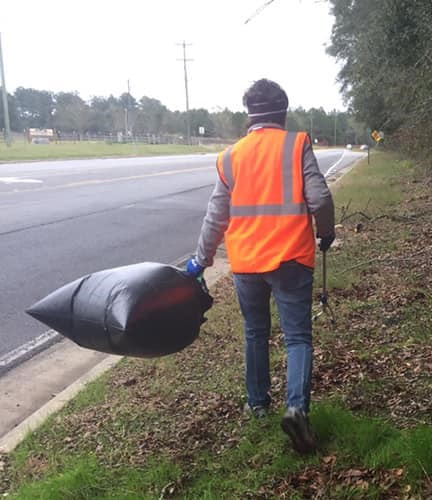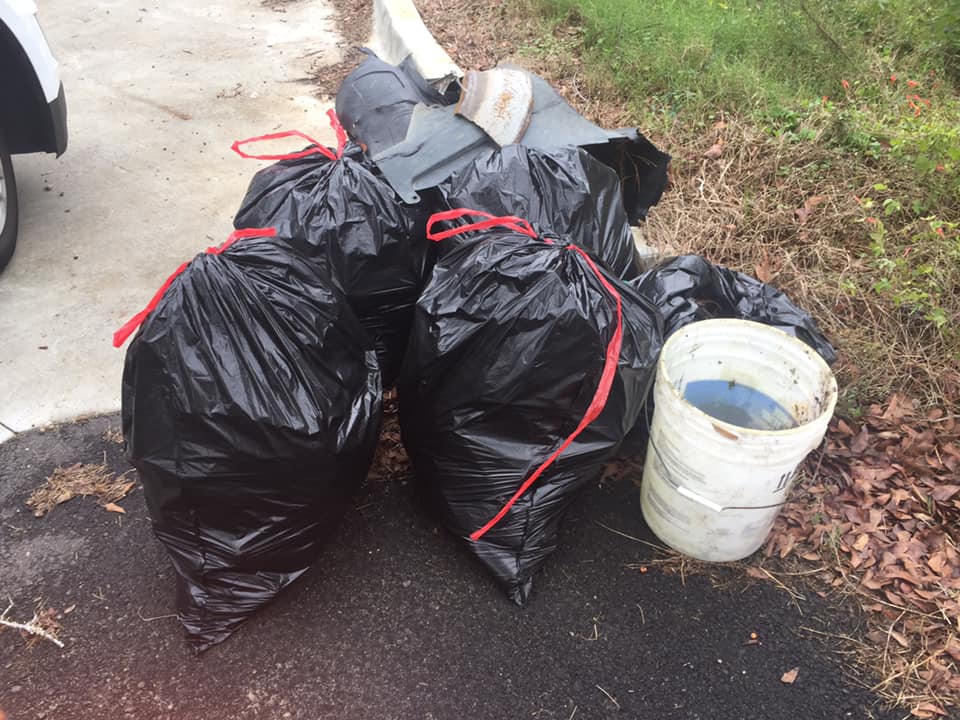What is Litter?
|
Litter is more than just a blight on our landscape. Litter is costly to clean up, impacts our quality of life and economic development, and eventually ends up in our waterways and oceans. The U.S. spends 11.5 billion dollars on litter clean up every year. You can help by doing these few things. Don't be a a person that litters. Volunteer for programs in your community like Keep America Beautiful’s annual Great American Cleanup. Volunteer your time at a local park to do a park cleanup or even if your walking down the street and see some litter, pick it up and throw it away, every little bit helps. Doing your part also inspires others to pitch in and do theirs. Together we make a huge impact.
Education - Learn About Litter
Enforcement - Stop Litter
|
Eradication - Clean Up Litter
|
Litter Cleanup Assistance Program
Do you want to make an impact on your community? Would you like to organize and hold a litter clean-up event? We hope you will consider organizing a cleanup in your neighborhood, near your business, at a local park or on a littered roadway. Cleanups can be of any size, but remember the more people that are involved the bigger the impact you can make.
KTCB can help promote your event on social media and would also highlight your clean-up event and recognize your efforts in our Leaders Against Litter Spotlights on Social Media and our Website.
KTCB can provide guidelines and support to help ensure a safe and successful event that benefits our community and natural environment. Supplies we can provide for your cleanup include garbage/recycling bags, bag holders, gloves and safety vests. We can also assist with coordination of pickup of the litter you collect with the City of Thomasville, Solid Waste. Contact the KTCB Office at [email protected] for additional details and planning.
KTCB can help promote your event on social media and would also highlight your clean-up event and recognize your efforts in our Leaders Against Litter Spotlights on Social Media and our Website.
KTCB can provide guidelines and support to help ensure a safe and successful event that benefits our community and natural environment. Supplies we can provide for your cleanup include garbage/recycling bags, bag holders, gloves and safety vests. We can also assist with coordination of pickup of the litter you collect with the City of Thomasville, Solid Waste. Contact the KTCB Office at [email protected] for additional details and planning.
What Can I Do? |
Did You Know? |
|
Did you know that there are seven primary sources of litter?
|
Community Appearance Index
The Community Appearance Index (CAI) is intended to help quickly and reliably assess the litter situation in our communities and to assist in achieving long-term, sustainable results to help end littering. There are three ways to volunteer:
- Drivers (must be a licensed/insured driver with own vehicle)
- Navigator (maps and directions provided)
- Scorer (rates how much litter is on the road).



